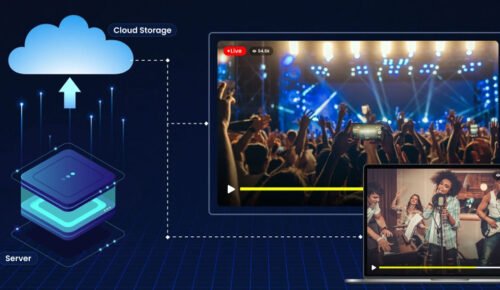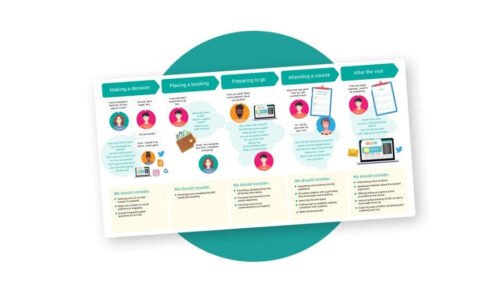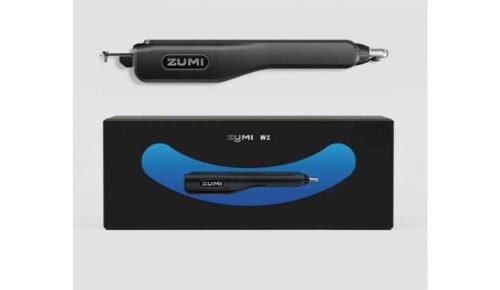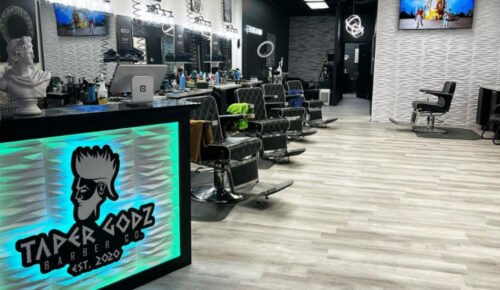The automotive industry is highly competitive, and dealerships continuously seek ways to enhance their sales and profitability. One often overlooked yet incredibly effective strategy is providing comprehensive Finance and Insurance (F&I) training to dealership staff. F&I training equips sales personnel with the skills and knowledge necessary to maximize revenue through financing options, insurance products, and additional services. This article explores how F&I training can significantly boost dealership sales, improve customer satisfaction, and create a more robust bottom line.
Understanding F&I and Its Importance
Finance and Insurance (F&I) departments are integral to car dealerships, handling everything from loan arrangements to extended warranties. These departments ensure that customers have access to financing options, insurance, and other value-added services that enhance their purchase experience. Proper F&I training helps staff understand the complexities of these products and how to present them effectively to customers.
Enhancing Customer Experience
One of the most significant benefits of F&I training is the improvement in customer experience. Well-trained F&I professionals can explain financing options, warranties, and insurance products clearly and concisely. This transparency builds trust and confidence with customers, making them feel more comfortable with their purchase decisions.
Building Trust and Transparency
When customers feel that they are being given honest and straightforward information, they are more likely to trust the dealership. F&I training teaches staff how to present options without overwhelming customers with jargon or pressure tactics. This approach fosters a positive relationship, encouraging repeat business and referrals.
Streamlining the Purchase Process
Efficient F&I departments can streamline the purchase process, reducing the time customers spend in the dealership. Well-trained F&I managers can quickly assess a customer’s financial situation, recommend suitable financing options, and process paperwork efficiently. This speed and efficiency enhance the overall buying experience, leading to higher customer satisfaction and increased sales.
Maximizing Profit Margins
F&I training helps dealerships maximize their profit margins by teaching staff how to effectively sell add-on products and services. These products, such as extended warranties, gap insurance, and maintenance plans, provide additional revenue streams that can significantly boost the dealership’s profitability.
Effective Sales Techniques
Training programs focus on teaching effective sales techniques tailored to F&I products. Staff learn how to identify customer needs, present products as solutions, and handle objections. These skills are crucial in closing more sales and increasing the average transaction value.
Product Knowledge
Comprehensive product knowledge is essential for selling F&I products effectively. Training ensures that staff are well-versed in the features, benefits, and costs of each product they offer. This knowledge allows them to confidently recommend products that genuinely benefit the customer, leading to higher acceptance rates.
Compliance and Risk Management
F&I departments must navigate a complex web of regulations and compliance requirements. Proper training ensures that staff are aware of legal and ethical standards, reducing the risk of non-compliance and potential legal issues.
Understanding Regulations
F&I training programs cover the various federal and state regulations that govern the automotive finance and insurance industry. This knowledge helps staff stay compliant with laws such as the Truth in Lending Act (TILA) and the Fair Credit Reporting Act (FCRA). Staying compliant protects the dealership from fines, lawsuits, and reputational damage.
Ethical Sales Practices
Training also emphasizes the importance of ethical sales practices. F&I managers learn how to present products honestly and transparently, avoiding deceptive or high-pressure tactics. Ethical sales practices build long-term trust with customers and safeguard the dealership’s reputation.
Leveraging Technology
Modern F&I training often includes the use of technology to enhance the sales process. From digital presentation tools to software that simplifies paperwork, technology can streamline F&I operations and improve the customer experience.
Digital F&I Tools
Digital tools allow F&I managers to present product options visually and interactively. These tools can illustrate the benefits of different financing options, show comparisons, and provide real-time quotes. This interactive approach makes it easier for customers to understand their choices and make informed decisions.
Electronic Signatures and Paperwork
Technology can also simplify the administrative side of F&I operations. Electronic signatures and digital document management reduce the need for physical paperwork, speeding up the process and reducing errors. This efficiency benefits both the dealership and the customer, leading to quicker deal closures and higher satisfaction rates.
Continuous Improvement and Adaptation
The automotive industry is constantly evolving, and so are customer expectations and regulatory requirements. Ongoing F&I training ensures that dealership staff stay up-to-date with the latest trends, products, and compliance changes.
Regular Training Updates
Regular training sessions and updates help F&I staff stay current with new products and changing regulations. This continuous learning approach keeps the team sharp and knowledgeable, ready to meet customer needs and adapt to industry changes.
Performance Monitoring and Feedback
Effective F&I training programs include performance monitoring and feedback mechanisms. By tracking key performance indicators (KPIs) such as product penetration rates and customer satisfaction scores, dealerships can identify areas for improvement and provide targeted training to address any gaps.
Case Studies: Success Stories
Several dealerships have seen remarkable improvements in their sales performance and customer satisfaction scores after implementing comprehensive F&I training programs. For instance, a mid-sized dealership in the Midwest reported a 20% increase in F&I product sales and a significant boost in overall customer satisfaction within six months of implementing a new training program.
Conclusion
F&I training is a powerful tool that can transform a dealership’s sales performance. By enhancing customer experience, maximizing profit margins, ensuring compliance, leveraging technology, and promoting continuous improvement, F&I training equips dealership staff with the skills and knowledge they need to succeed. As the automotive industry continues to evolve, investing in F&I training will remain a critical strategy for dealerships aiming to stay competitive and thrive in a dynamic market.









































































































